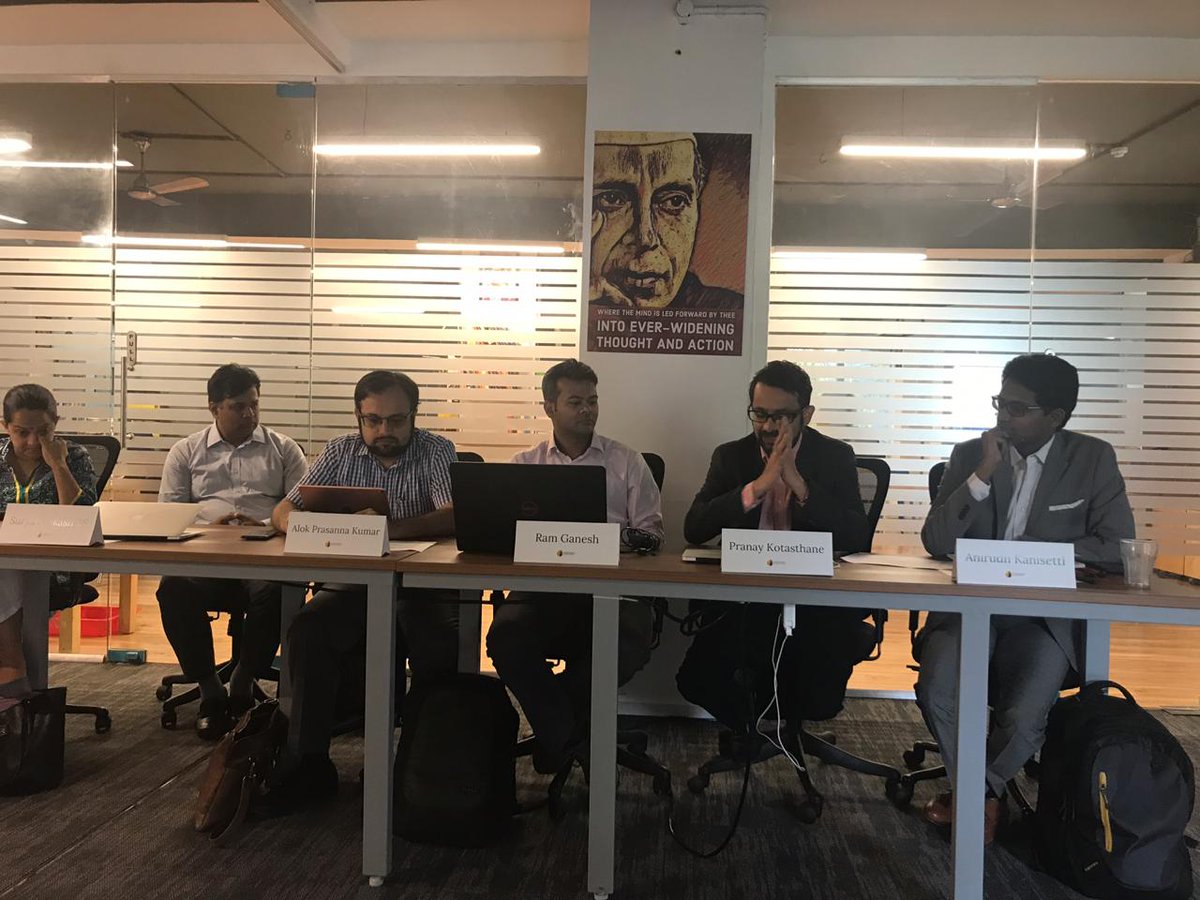
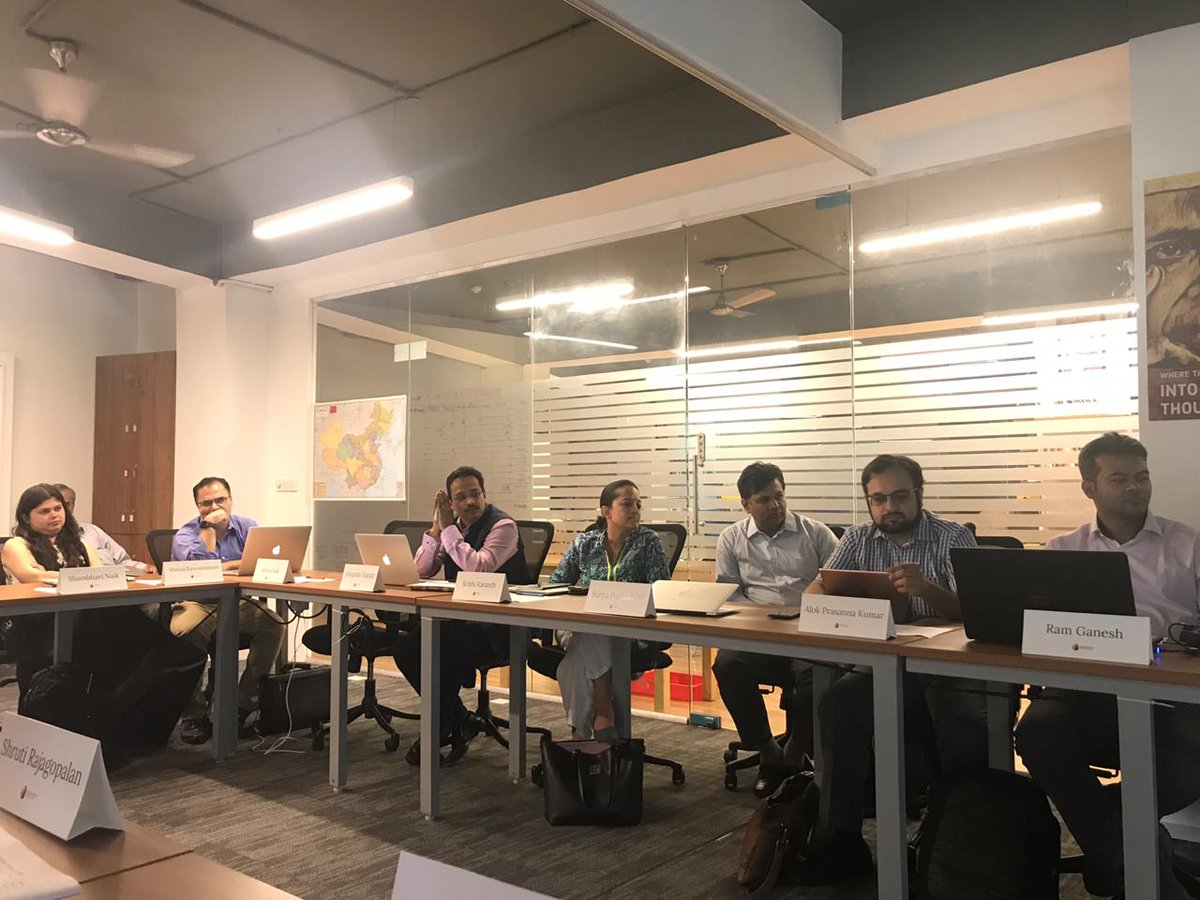
slideshare.net/TakshashilaIns…
"Knowledge is a public good - by definition, it will have to be financed by the state at some level. Knowledge is also a global public good," responds @qfint
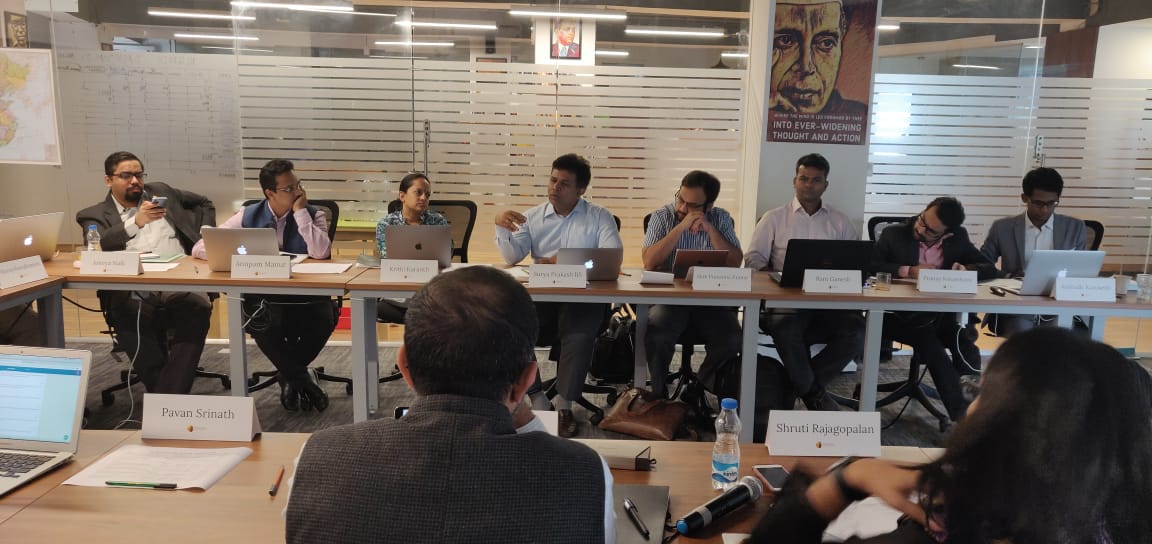
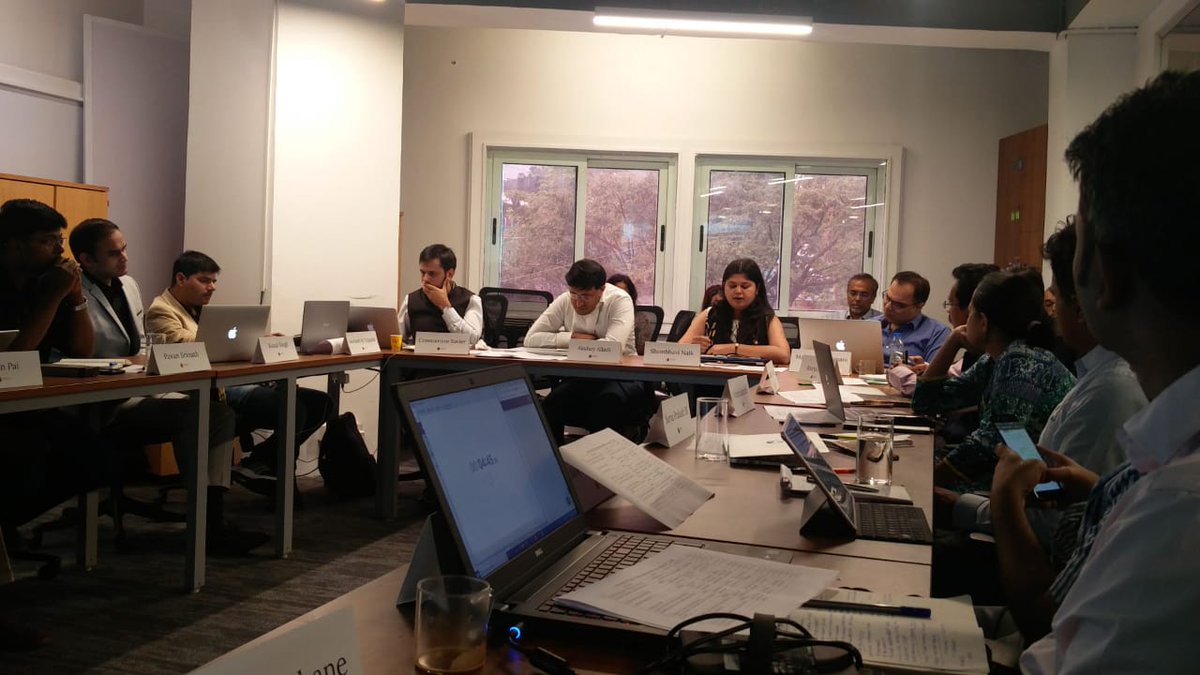
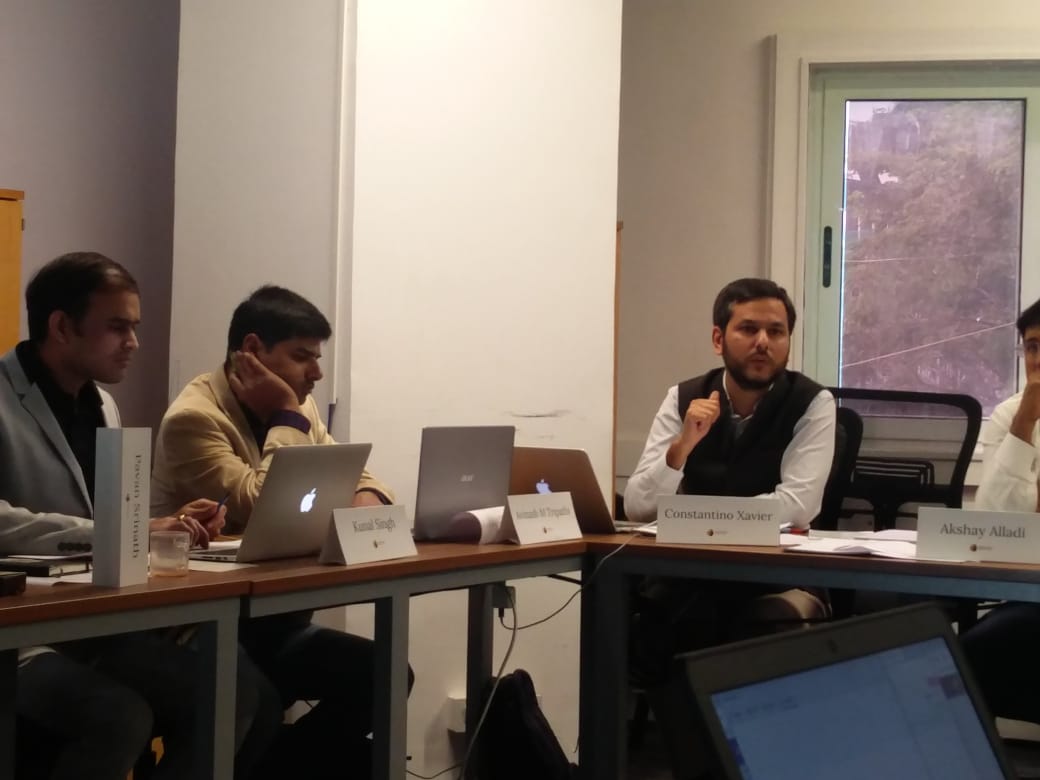
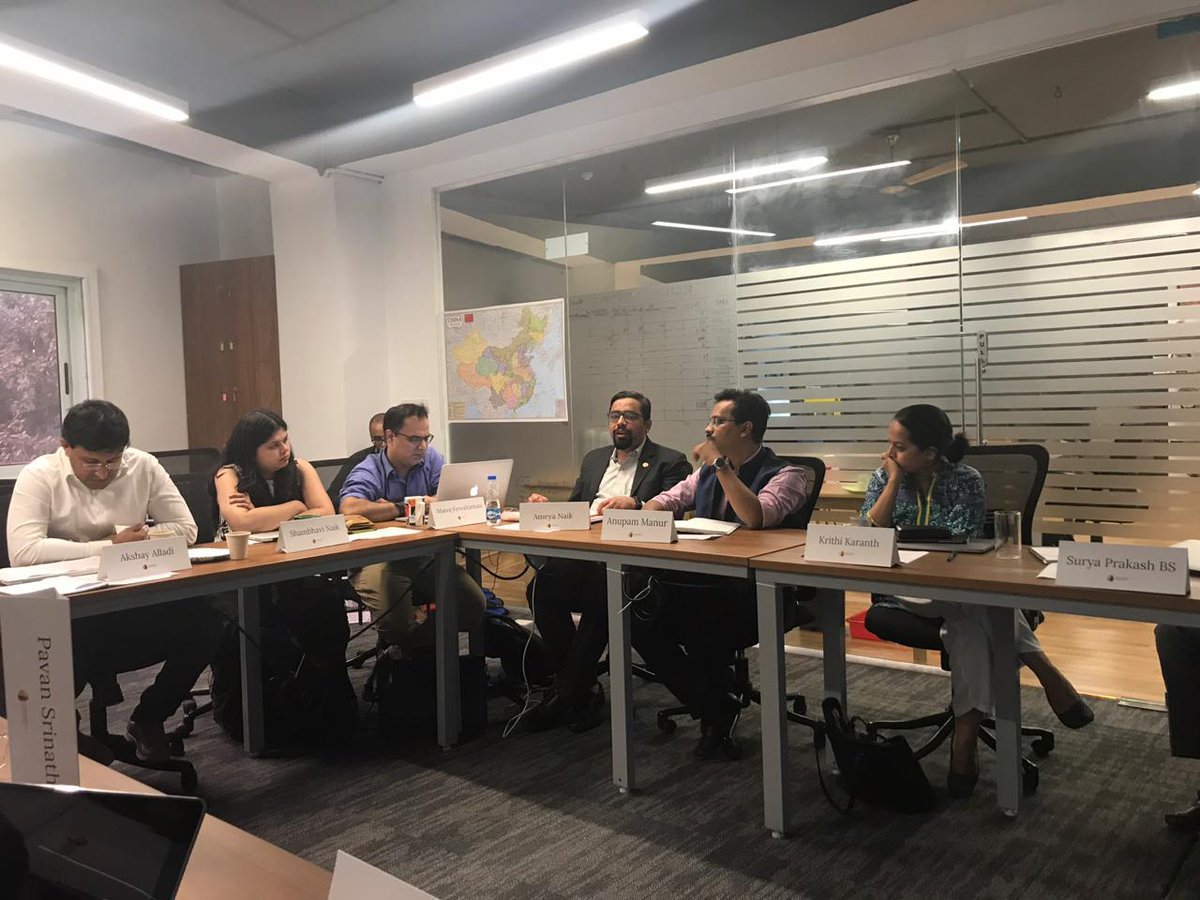
We need to build:
Legitimacy - is a resource in international and domestic politics
Reputation - is a resource (especially in negotiations)
Consistency - is a virtue in international law
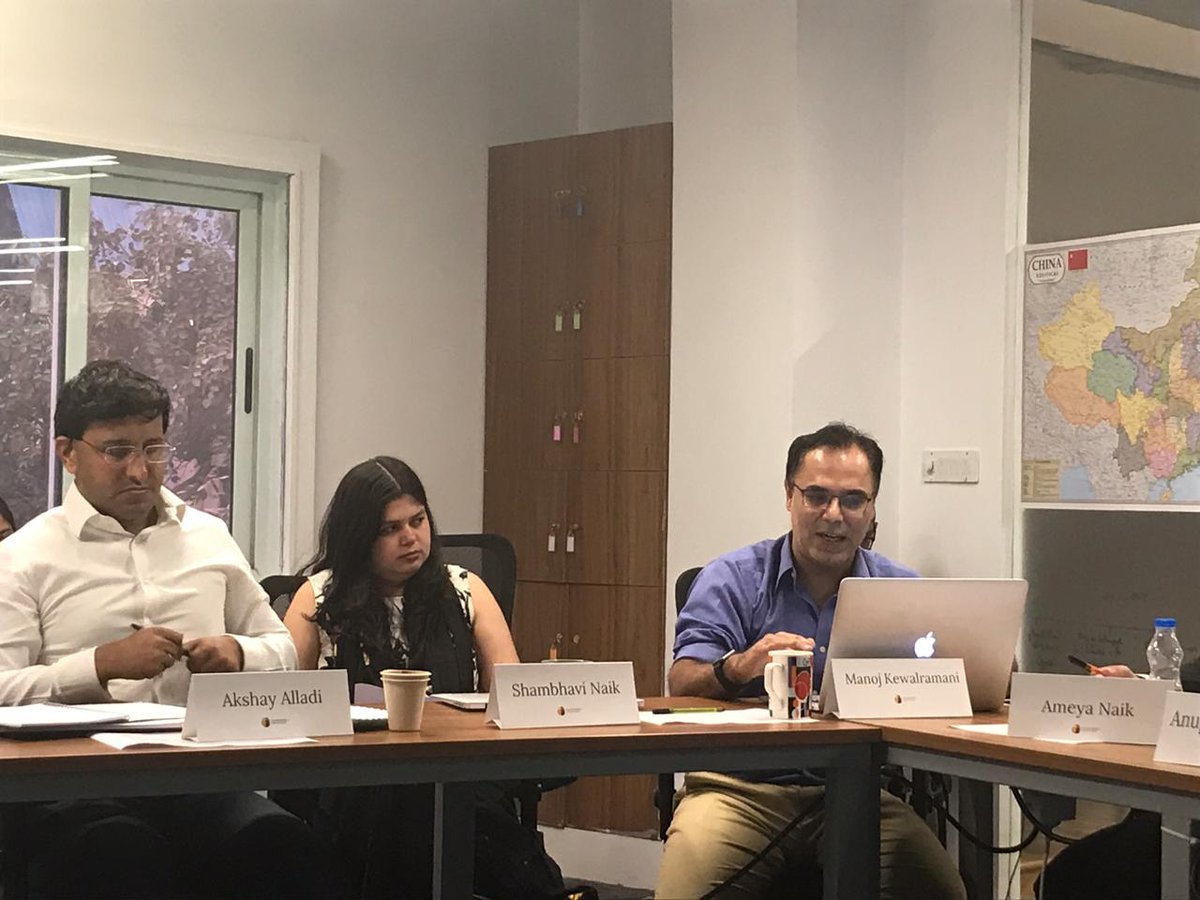
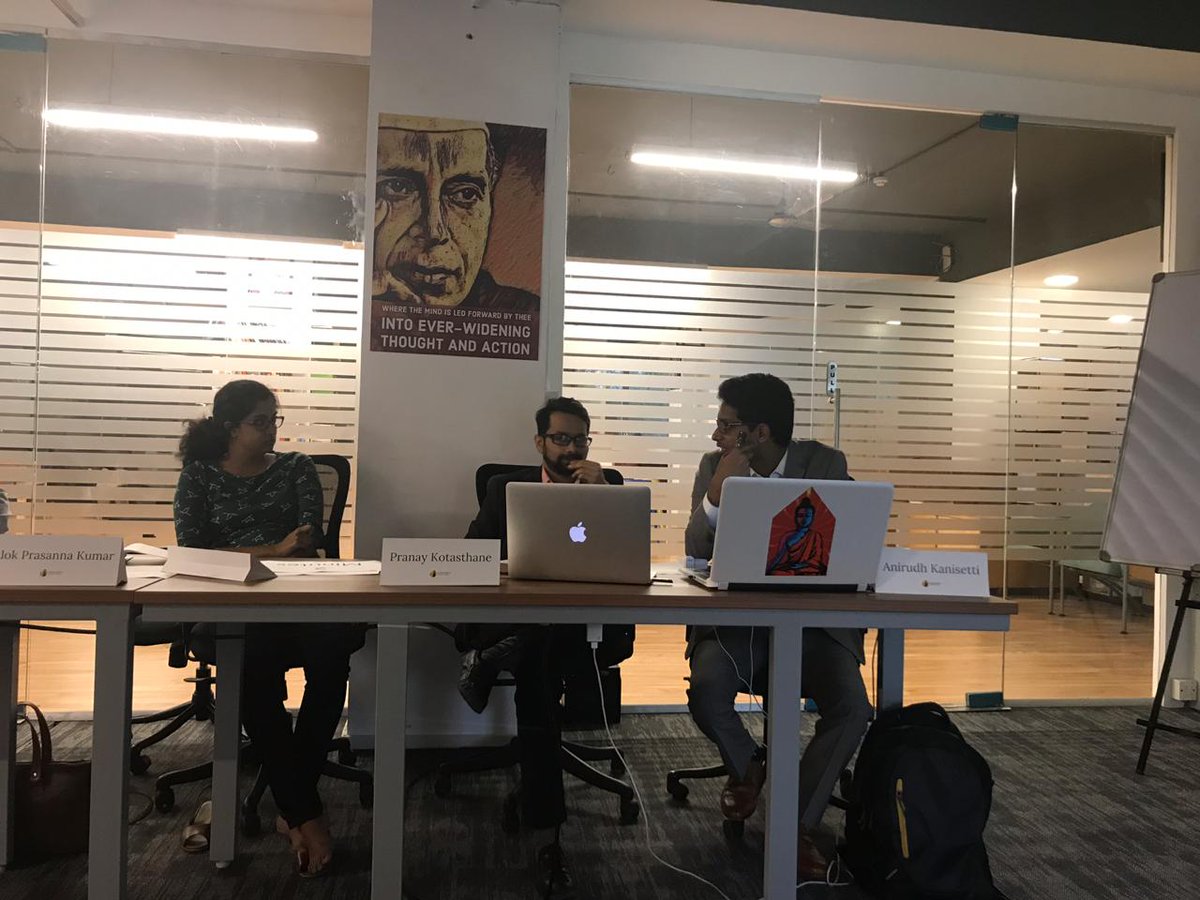
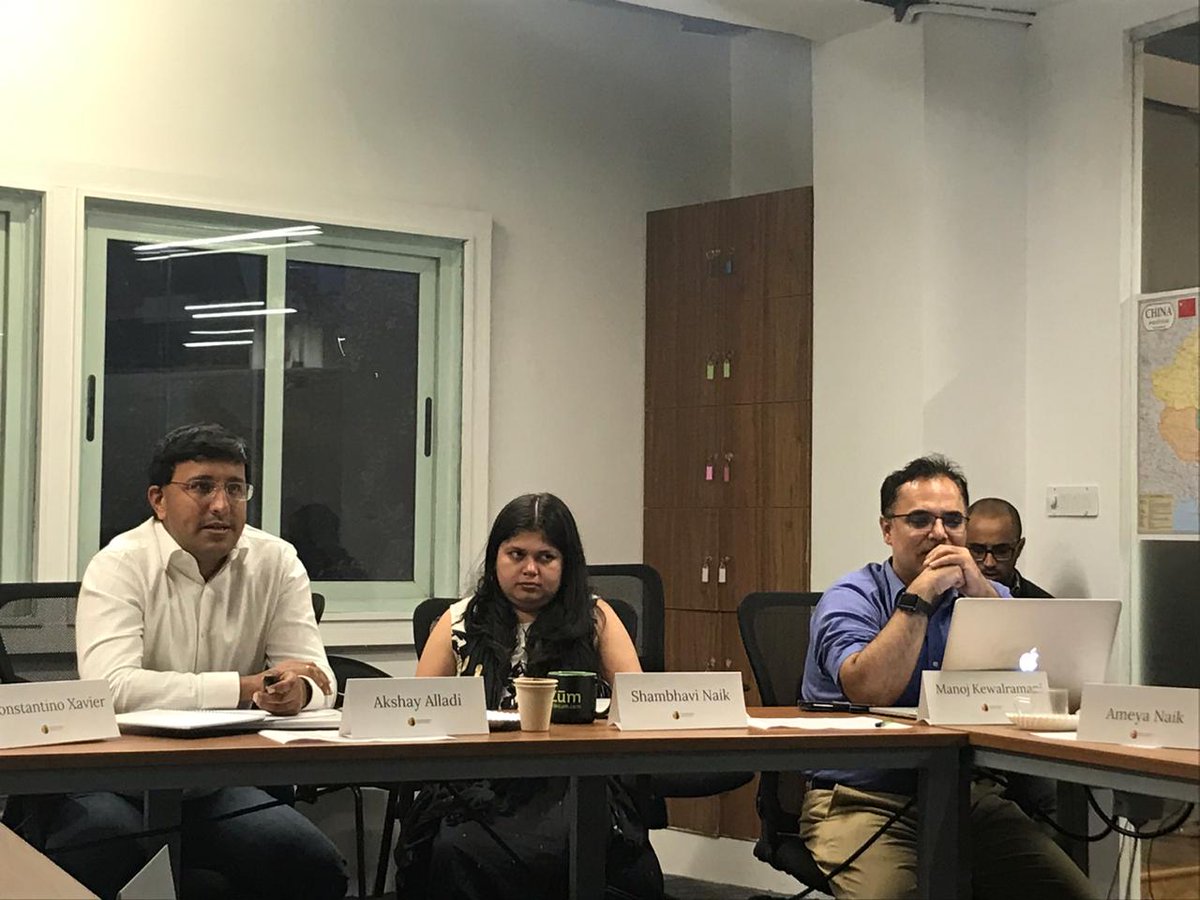
takshashila.org.in/new-world-order









